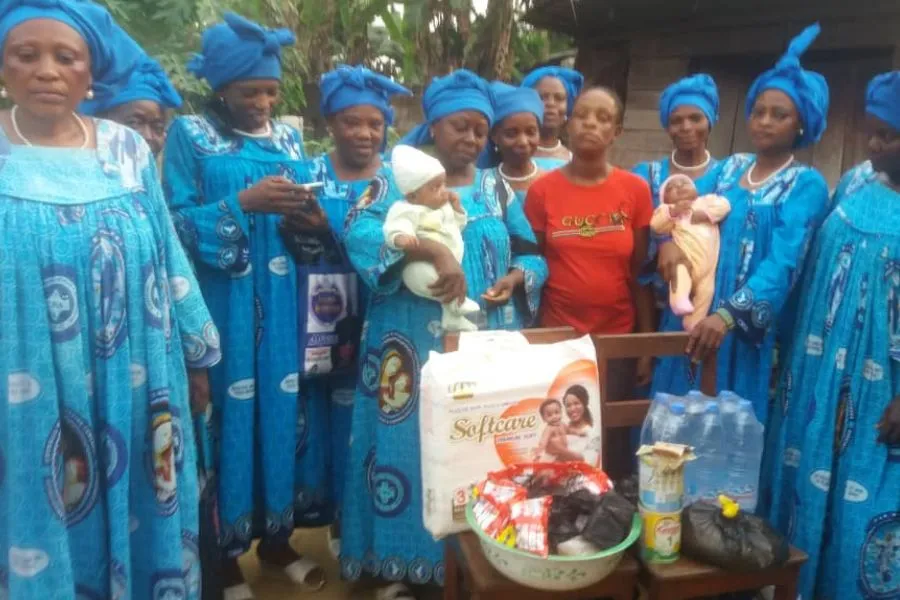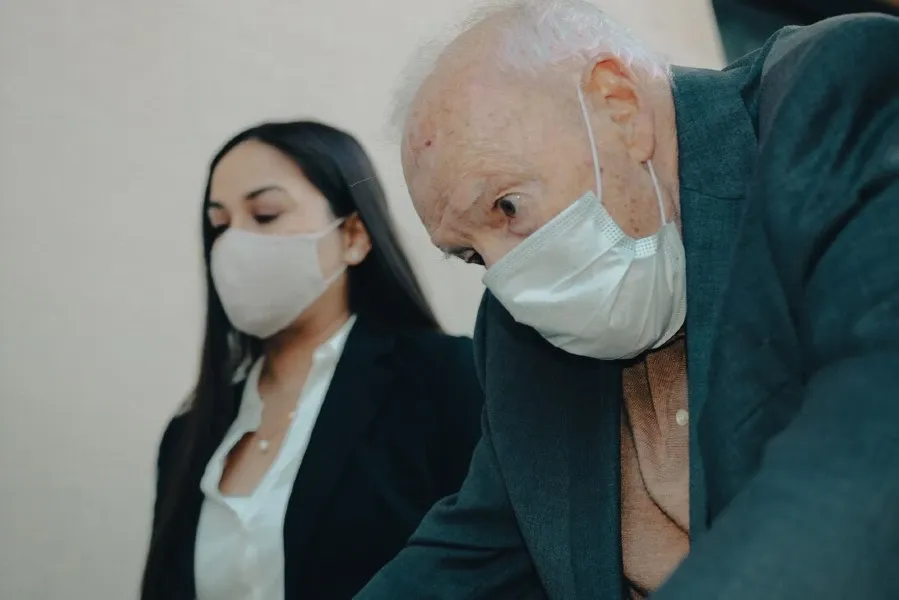She said that in a recent meeting, a woman complained to them of being “sent out by her husband” because he is much older than her, and so he takes money from young boys in the village in return for giving them her wife to sexually abuse her. “Such cases have been reported to us,” she said.
Geraldine said that to handle such situations, they meet the local community or take it further to Caritas which has the means to handle such situations legally. They are engaged in the serious education of women so that they can know their rights, she said.
“Concerning young girls who are victims of sexual assaults, we have created what we call ‘child friendly space’ to help children in need, and the girls who have suffered from violence and live in trauma. CWA women volunteers in those centers help give them some help and to re-enter society because most of them are traumatized.”
In some regions, such as in the far north of Cameroon, the percentage of women and girl victims is still very high and alarming. Most of these girls are deprived of education by their spouses, who consider them just instruments of child rearing. The majority of these girls suffer from rape and find themselves with unwanted pregnancies. “There are some cruel things that women go through like rape, physical torture, women who are forcibly married and other cultural practice like female genital mutilation which is still present,” said Doumara.
“All these forms of violence are still visible in our society. Some cultures do not even allow women to practice any work. Young girls are not allowed to go to school for long and shape a future for themselves and there is also psychological violence,” Doumara added.
“Early marriage exposes the girl to all other forms of violence that one can imagine, and in the same space, she’ll suffer from rape, sexual violence, and she’ll lack the necessary resources because she’s not allowed to carry out any income generating activity, nor attend any classical education. She doesn’t have access to all the opportunities which society presents.”
Joan Wirba of CWA (Catholic women Association) and a member of St Joseph’s Parish, said that, as a Catholic woman, they are called to help the needy they have been receiving victims from abuses especially from the conflict regions. “We have been receiving cases of girls who have been victims of violence, especially those from the Anglophone regions where some have suffered from rape, torture by an armed group. Those who come to us to report about their parents forcing them into early marriage against their will. We visit the families and try to talk to the parents about the problems of forcing their child to marry at a tender age, or against their will, because they will suffer from all the other forms of violence. We offer help as best we can, maybe sending some back to school who have not had the opportunity to go to school, or we sponsor some to learn any handwork,” Wirba added.
Aicha Marie Doumara, who owns ALVF-EN, a center fighting against violence against women, was forced into marriage at an early age and decided to wage a war against all forms of violence against women. “Early marriage is the gateway to all forms of violence that a woman or girl goes through,” she said.
Aicha Douamara said the Church is involved in helping through structures such as Caritas and justice and peace commissions which provide economic, social and material aid to these victims, but would like structures dedicated to them. “Women work with their heart and soul, there should be a particular attention given to them, to create a space particular for them,” she said, adding that the Church will also refer cases to her organization.
According to Geraldine, “there are a lot of girls who suffer from violence, especially due to early and forced marriage. Most of these girls are not educated and are cut off from the society,” she said. “They are just considered as ‘baby making machines,’ have no right to complain about their husbands no matter what they go through.” she added. “Our culture is in such a way that they have made reporting violence look like a taboo, for a woman to complain. They must be submissive to their husbands, and some of these women suffer from physical violence sexual violence, torture, because their culture prohibits them from complaining. They are always wrong while their husbands are always right.”








